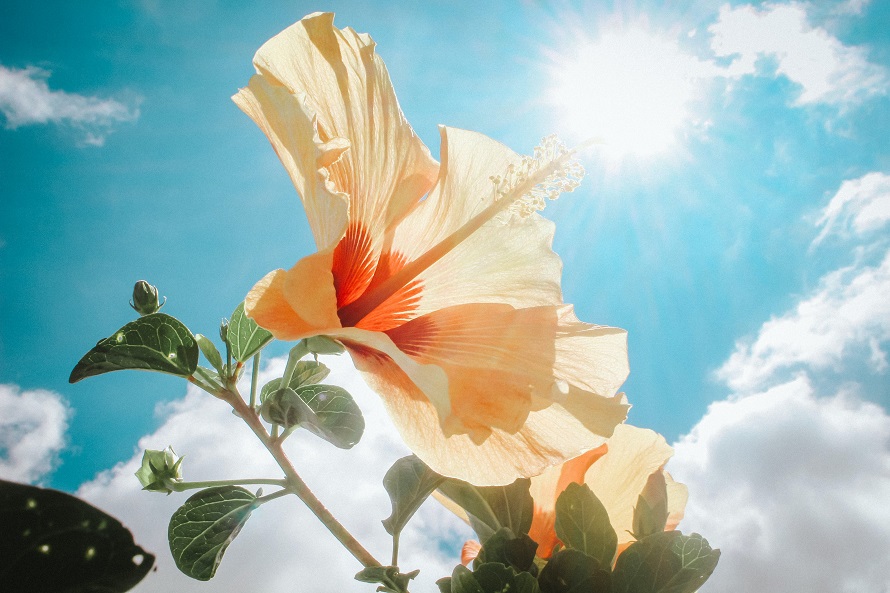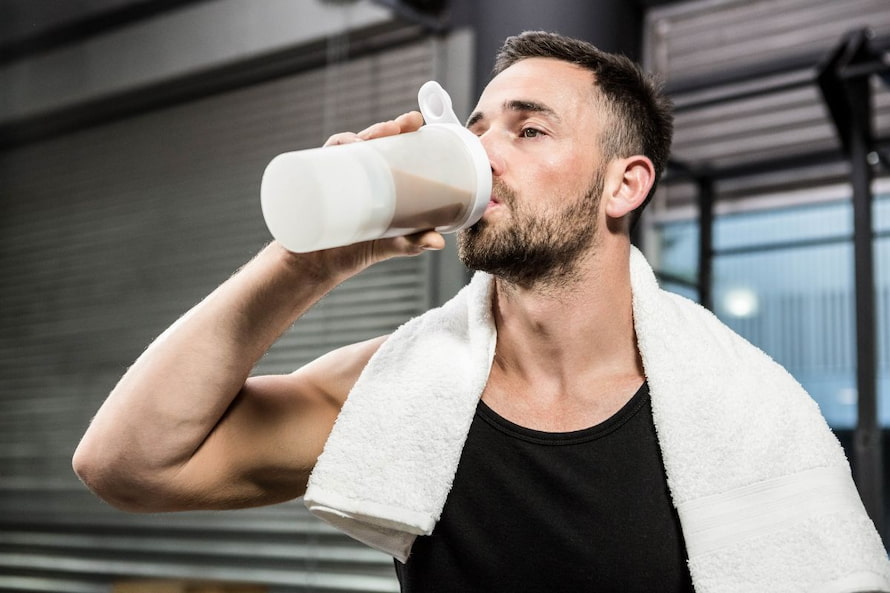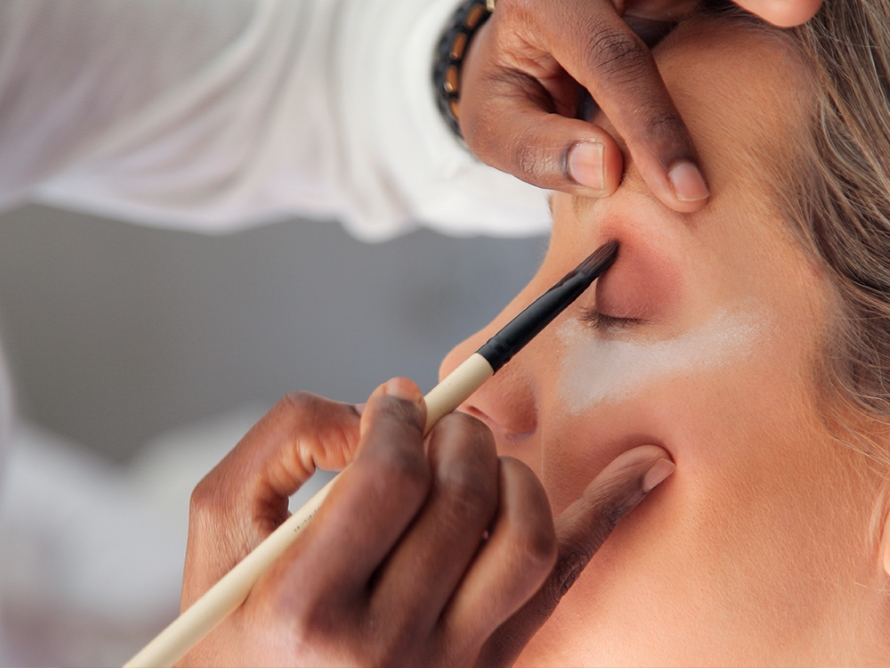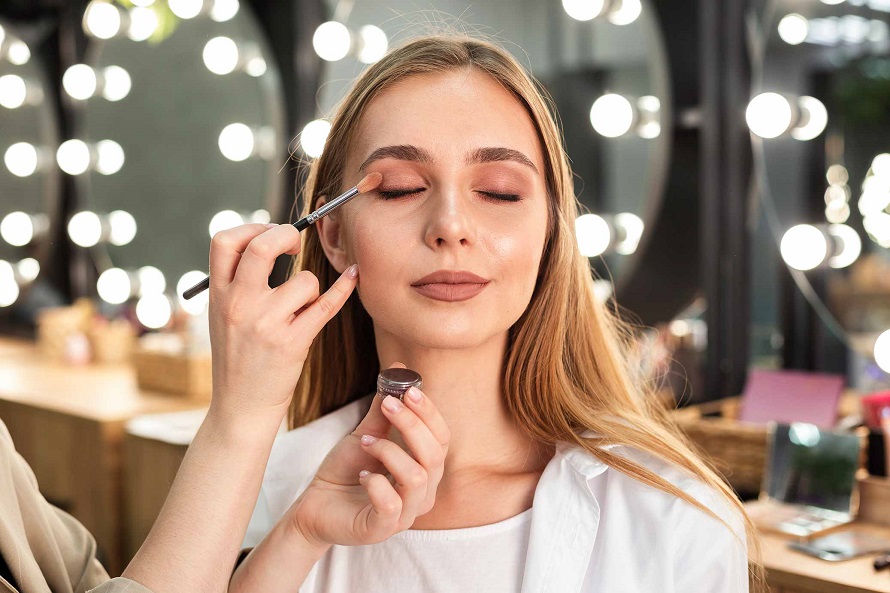Health & Beauty
Get Relief from Seasonal Pollen with the Right Allergy Treatment
For many people, spring means struggling with fatigue, a runny nose, restless sneezing and itchy eyes. Seasonal allergies can make you miserable during the whole springtime, so before it even arrives, make sure to prepare and get informed on how to effectively deal with the pollen wave.
Symptomatic Treatment for Pollen Allergy
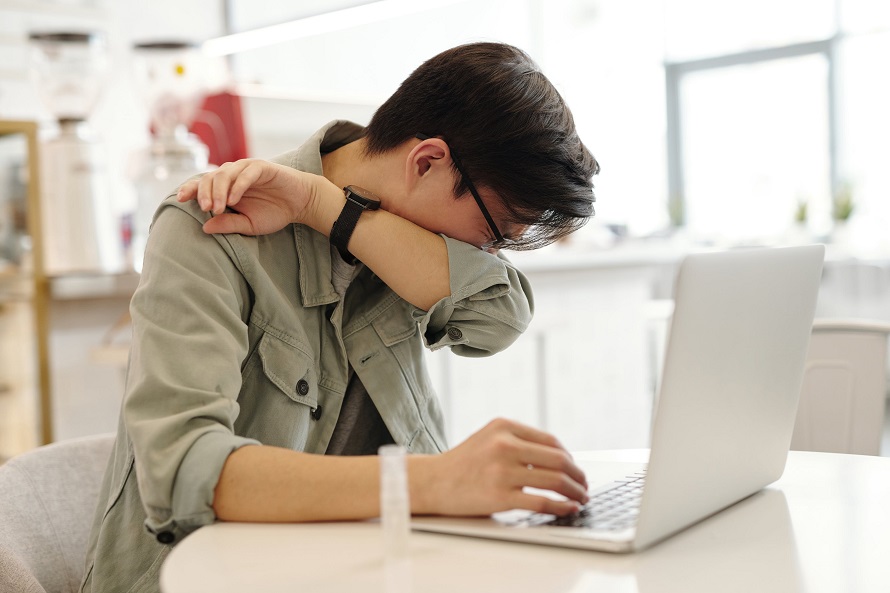
One approach to treating allergic reactions caused by pollen is by administering medications to treat the occurring symptoms. Allergy medications work best when taken preventively, and it’s recommended to take them from two weeks up to a month before spring arrives. Knowing the cause of your problems, and not wildly guessing what kind of allergy you have, will make the choice of medications pretty straightforward.
Some drugs might resolve the allergy symptoms you have but cause serious side effects like drowsiness and mucous thickening. So, if you need to stay alert during the day or simply want to feel more comfortable, make sure to pick a medication that is non-sedating and combines a decongestant, like for instance, Telfast nasal spray. Since it’s an OTC product, you can easily find a Telfast nasal spray at any local or online pharmacy.
Depending on the symptoms you’re experiencing, you can choose from the following types of symptomatic treatments.
Nasal Steroid Sprays
As a result of inflammation in the body, histamine is released into the system causing blood vessels to swell and leak fluid, hence the nasal congestions and build up mucus. Steroid sprays give quick relief from the problem and reduce swelling in the nasal mucous membranes. This also is accompanied by reduced sneezing episodes and itchy sensations. Steroid sprays usually take a week to fully develop effective mechanisms against the allergy.
Antihistamine Tablets
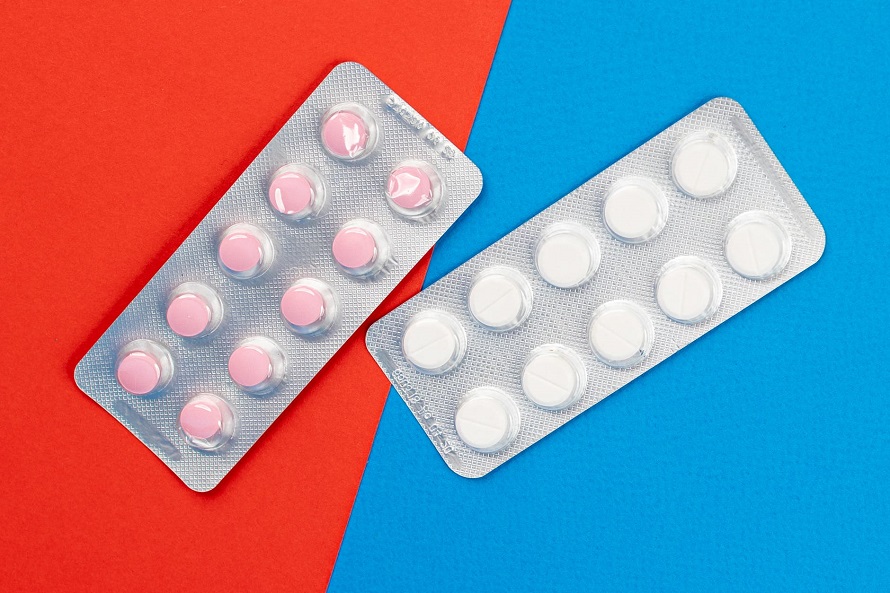
There is a large category of oral medications, called antihistamines. As previously described histamine is an inflammatory chemical produced by the body and is the culprit for the symptoms experienced. Antihistamines treat the allergy condition and block the histamine receptors to avoid inflammation. The drug acts as a repellent of the allergy and reverses reactions that lead to sneezing and difficulty breathing.
Antihistamine Nasal Sprays
The main difference between nasal sprays and nasal steroids is the use of antihistamines instead of steroids for decongestion. They work the same way as oral antihistamines do, but the sprays can get into the parts of the body where the oral medication can’t, like the nasal and sinus cavity. The daily recommended use is up to two sprays in each nostril, and once the symptoms have reduced you can practice one spray per day to maintain the effects of the antihistamine.
Saline Flushes and Sinus Rinsing
One natural remedy you can try at home is the sinus irrigation step. You’ll need a saline solution and an irrigation container. These flushes are cleaning the nasal area with a mild water-salt solution. The saline flush is a good way to clear out a congested nose by in sinus irrigation. It is a quick-relief and an easy DIY solution. Saline flush products come in rinse bottles, neti pots and bulb syringes and can be found in your local pharmacy and drugstores.
Vitamin D as An Effective Supplement For Allergies
Several case studies have shown the potential for vitamin D and a decrease in allergy symptoms. It acts as an anti-inflammatory agent to the affected pathways, improving lung function. Supplementing with vitamin C will further boost the immune system and treat the oxidative stress caused by allergies.
Allergy Shots and Immunotherapy for Long-Lasting Results
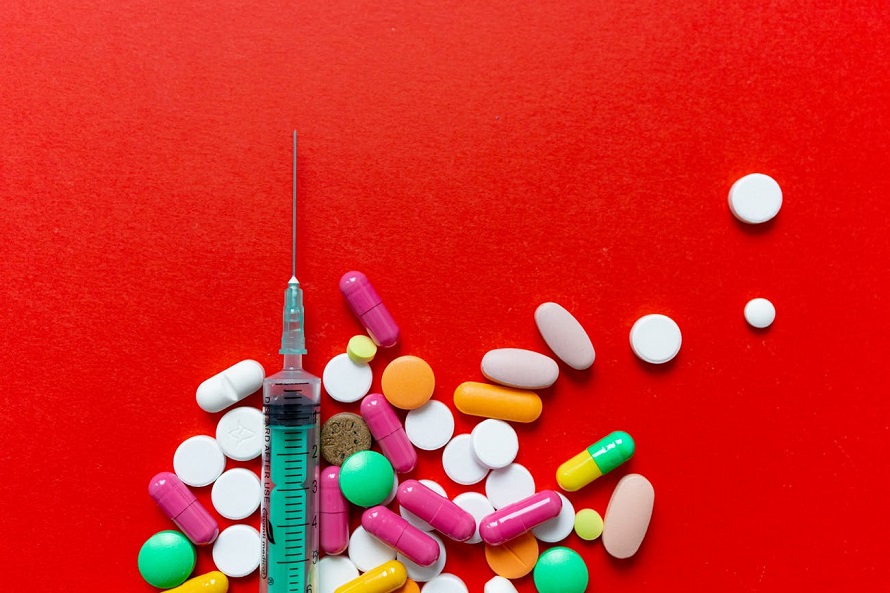
When a person is severely allergic to something to the point where their quality of life is affected or they are at risk of developing a serious condition like asthma or COPD, it is recommended to get allergy shots. In cases where allergy medications can’t help or you’re in need of a long-term solution, allergy shots are a more convenient relief from hay fever. The whole point of Immunotherapy is to live without the need for medications to relieve symptoms.
The goal is to gradually teach the immune system that allergens are not harmful. When administering the shot, low amounts of allergens are introduced to the body as a way to desensitize and change the body’s reaction to allergens.
How Are Allergy Shots Made?
Depending on the spectrum of allergies you have, a concoction of allergens is produced that you’ll receive through the shot. This shot is given through the course of several weeks, gradually building up the dosage of the shot, and eventually receiving effective amounts that’ll create immunity. Patients are required to be on immunotherapy for at least three years, in order to see lost lasting results.
Can More Than One Allergy Medication Be Taken at the Same Time?
Yes, depending on the severity of your allergy you can determine how many medications are necessary, and what kind of drugs will work for you. Even some antihistamine medicines combine a decongestant into their allergy treatment for more effective results, like for instance Telfast hayfever medicine.
Other Allergy Relief Solutions Besides Medications
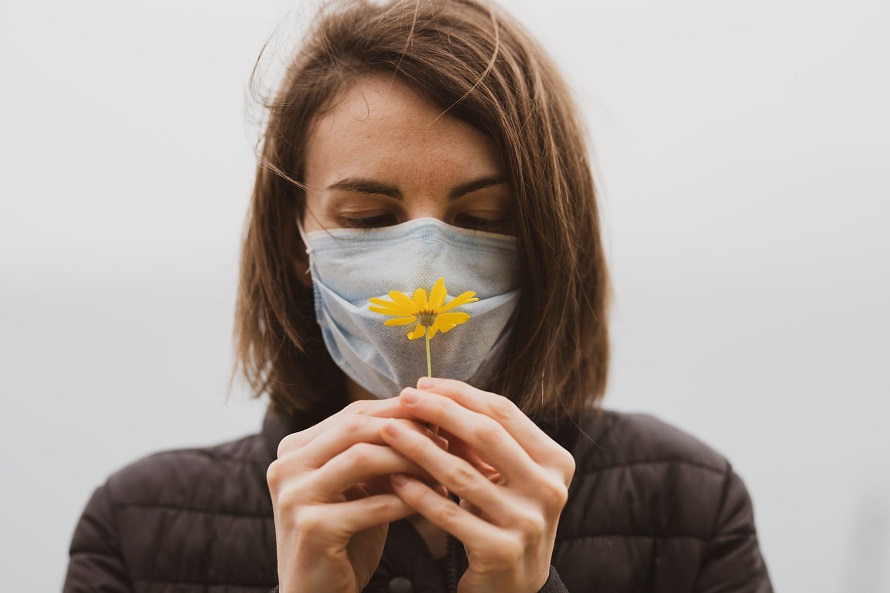
Apart from using drugs and medication, there are extra precaution steps you can take to alleviate the symptoms.
Avoid going outside on a dry and windy day. The pollen allergens are most active when the weather is nice and sunny. Instead, enjoying the company of nature after a rainy day is ideal since the air is clear of pollen.
Practice showering once you come back, to clear all the pollen residue from your hair and skin. Maybe it’s not a good idea to dry clothes outside since all the pollen dust can land onto your clothes, and once you bring them inside it may worsen the hay fever symptoms.
Another great way to avoid further drowsiness is wearing a mask once you step outside, pollen and other dust mites won’t penetrate the nasal area so easily.
Enjoy the springtime without the dreadfulness of hay fever! Even if it’s not possible to avoid all the symptoms these few steps might help in easing the discomfort. Start practising good care for your body in advance of the allergy season. It’s always better to treat mild allergic reactions rather than out-of-control symptoms.


